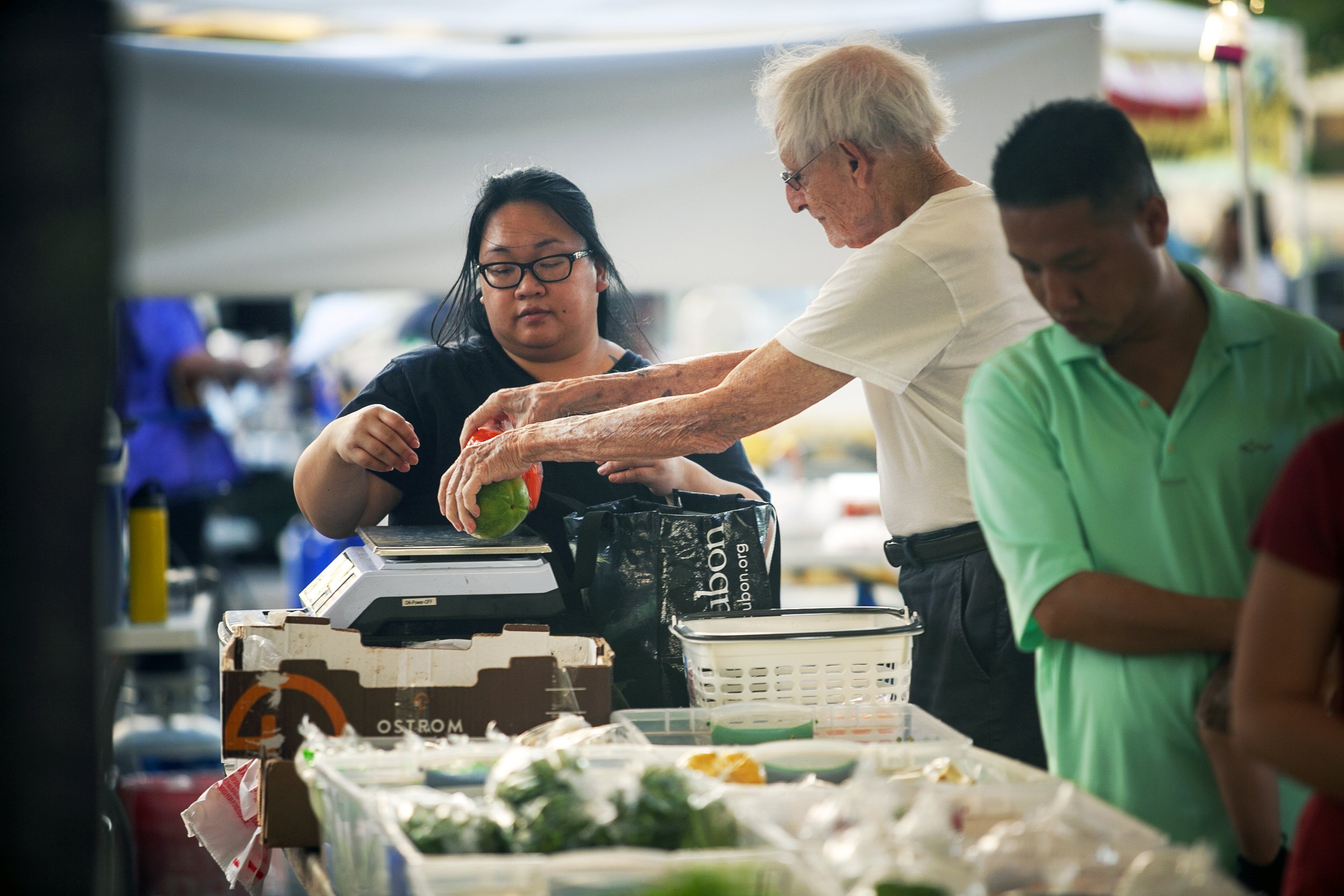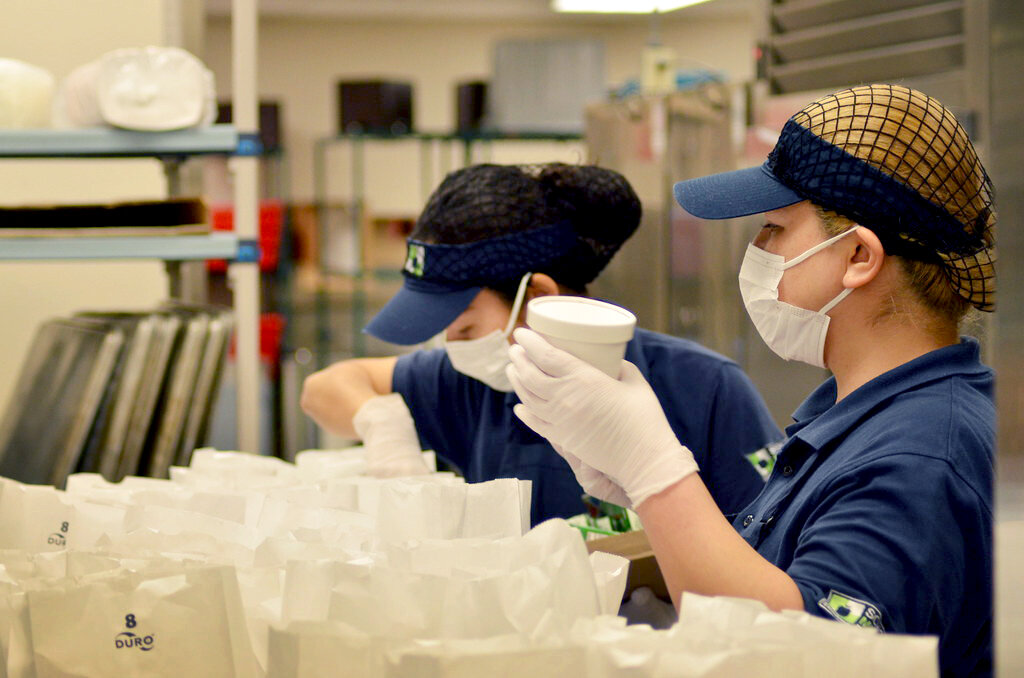
Hawaiʻi lawmakers finish session after huge federal aid boost
The pandemic wouldn’t have hurt nearly as much if Hawaiʻi residents were making wages that paid enough to cover their basic needs.

The pandemic has transformed how aid groups help elderly in need
Federal COVID-19 relief funds helped local groups coordinate outreach to better serve kupuna who were often isolated during the pandemic.

Hawaiʻi sees ‘startling’ increase in number of children facing hunger
Even as benefits programs expand and school meal programs shift, food insecurity is expected to continue to grow in the islands.

Bill would expand DA BUX food program
The measure is intended to provide low-income people easier access to healthier food choices and to help local farmers and ranchers.

State offers more food stamp flexibility amid record participation
Most SNAP applications are now processed online and members can now use their EBT cards to make online purchases for pick-up at select Walmart locations.

Over 400 organizations urge senate to pass American Rescue Plan for state and local aid
The organizations highlighted how state and local budgets have been slashed, causing job losses in critical sectors like education and healthcare that will be central to addressing the public health crisis.

Minimum wage hike up to timing
Hawaiʻi’s high cost of living, makes a minimum wage increase vital for low-income workers, including many who have been on the pandemic’s front lines.

DOE improves free school breakfast program during pandemic
Hawaiʻi Appleseed has monitored the ranking for years, and has been working with the DOE to improve those numbers.

Sugary drink taxes can dismantle systemic inequities by giving back to communities
When funds are reinvested back into the most impacted communities, these taxes help prevent future harm, and give people from those communities a better shot at succeeding and thriving.

Hawaiʻi ranks 50th in low-income children participating in national school breakfast program
Some 25,559 low-income Hawaiʻi children participated in the School Breakfast Program during the 2019–2020 school year—or about 40 percent of those eligible.

Furloughs likely to worsen delays of unemployment, Medicaid and SNAP claims
Governor Ige’s plan to furlough state workers could further increase the already-maddening length of time it takes to process critical services like unemployment.

As economic pain of pandemic widens, need for food stamps soars
The number of Hawaiʻi residents receiving SNAP benefits has risen from about 155,000 last year to 179,000—a 15.4 percent increase.

Sowing seeds of service
“Our work is to bring all these different sectors together and create lasting solutions and changes.”

Program allows donations for grab-and-go meals
All through September, customers visiting Safeway stores in Hawaiʻi can donate to the annual Nourishing Neighbors fundraiser to support anti-hunger initiatives.

How new, agile networks of people are helping Hawaiʻi
Uplift Hawaiʻi describes itself as an economic recovery platform bringing together organizations, individuals, coalitions and other COVID-19 recovery initiatives.

Hawaiʻi legislature prepares to conclude, transparency advocates cry foul
Hawaiʻi’s 2020 legislative session was hallmarked by social distancing measures aimed at preventing the spread of COVID-19 that may also have disenfranchised the public.

Three students show ‘Whatchu Eatin’ in art contest
Photo entries displayed a wide range of food experiences among Hawai‘i’s youth, including growing food in gardens, learning to cook for the first time, and exploring cultural heritage through food.

COVID-19 budget moves out for passage, but not without controversy
The allocations of the federal aid money drew criticism from social service agencies while the process of adopting the budget measure, using a method called gut-and-replace, riled others.

State must help provide food security
This may be a once-in-a-lifetime chance to pivot toward the kind of food system we want for Hawaiʻi’s future.

Social service workers rally at state Capitol
Lawmakers say they will use $635 million in CARES Act funds to assist the unemployed and local businesses, but advocates say it’s still not enough.
